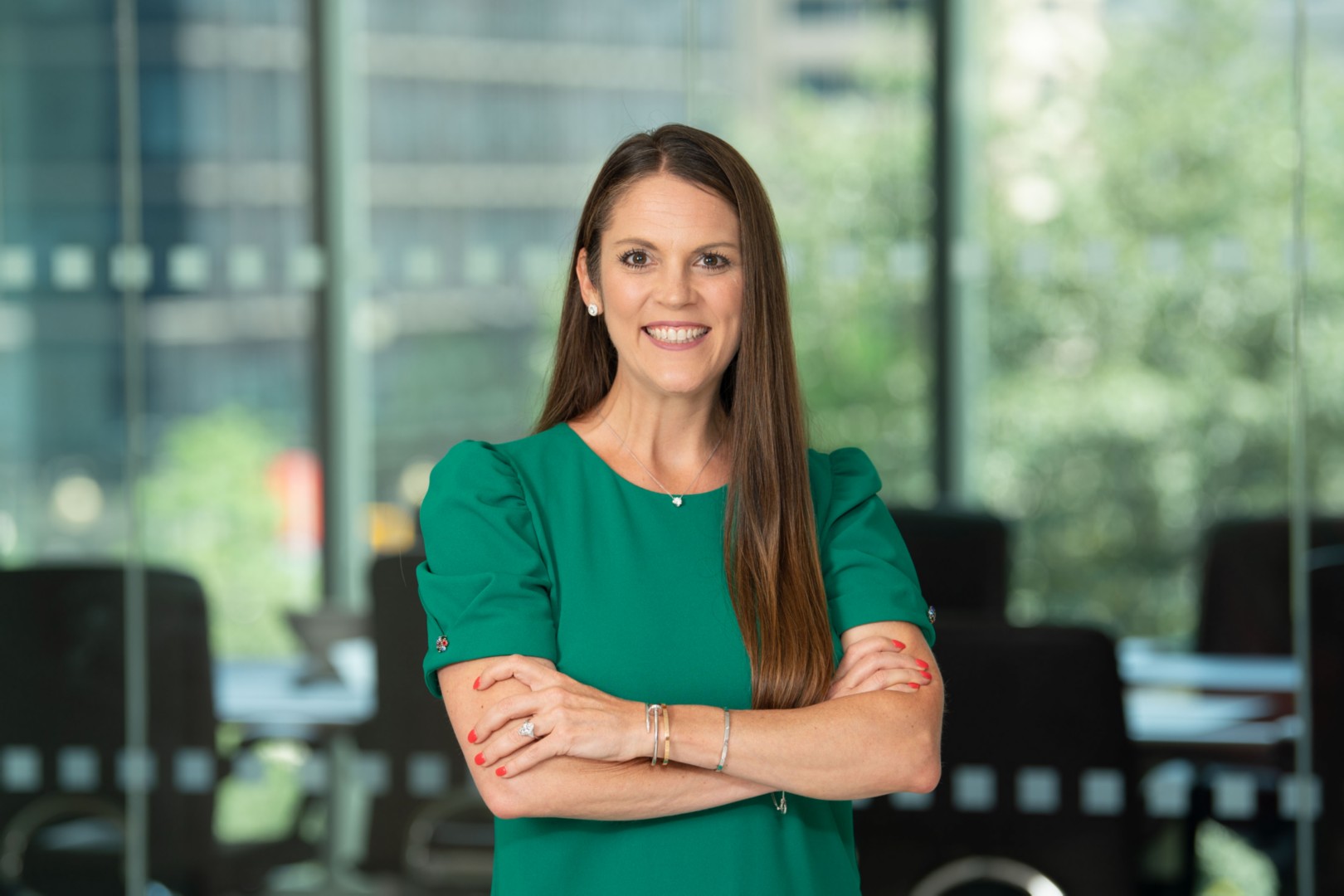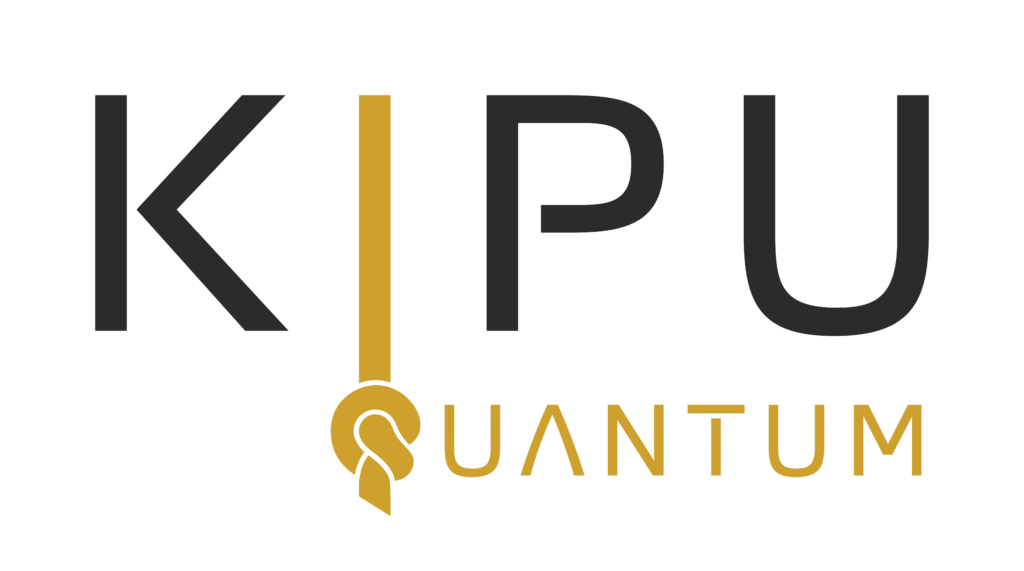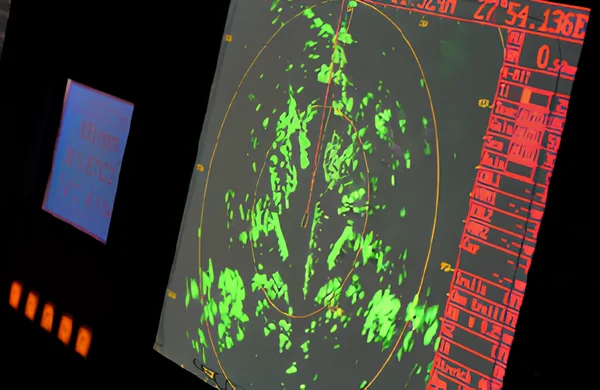The Quantum Insider catches up with Dr. Kristin M. Gilkes, EY Global Innovation Quantum Leader. Gilkes discusses her journey into quantum technologies, the future of the quantum industry and how EY is helping to ethically shape that future.
Tell us about your personal journey into the quantum tech market? Personal stories are great here!
I am a PhD mathematician who was drawn to the commercial sector instead of staying in academia — first in the steel industry where I worked in data analytics for about six years, and then in banking, where I became the Chief Data Scientist at Morgan Stanley. Based on that background, I wanted to be part of quantum from the beginning. EY has a very forward-thinking Global Chief Innovation Leader named Jeff Wong, and he and his team felt it was the right time to prepare clients for the quantum revolution. With this foresight, he has allowed to me to drive our quantum agenda.
Can you introduce us to how EY first got interested in quantum technologies and why?

EY strives to be a market leader in all emerging technologies that will have an impact on how the world works. For quantum specifically, we see how it aligns to our core values and purpose as an organization: to build a better working world. Quantum can be a key enabler in trust and sustainability and meaningfully drive transformations —leveraging it to solve some of today’s most “unsolvable” problems, such a sequencing the entire human genome DNA. The technology has advanced enough that we are prioritizing helping our clients 1) become quantum-safe and 2) capture the value-add components of R&D.
How do you envision quantum technology changing the way businesses operate, and what steps is EY taking to help clients prepare for these changes?
“The art of the possible” is totally redefined through quantum. Executives may be hearing more about the cyber threat component of quantum more than the positive, transformational side of it. The conversation should be balanced because both aspects are important. Through quantum, businesses can get to the finish line of projects so much faster, including ones that would never be completed at all under classical models. And because it’s quantum mechanics, you can get results that you never expected.
Classical models would tell you that 2 + 2 = 4. But quantum can tell you the probabilities around results in so many other dimensions. Going back to DNA sequencing, we see the potential in fields like this where so many exponential factors to consider overload classic models but can be explored together at once through quantum. EY has been providing frameworks and other support as far as strategy — for instance, in cybersecurity — that include initial straightforward steps to take.
Quantum technology is still in its early stages of development. How is EY navigating the uncertainties and risks associated with investing in an emerging field? Where do you focus your time and energy?
We recognize that not everyone can afford to invest in experimental quantum hardware. Our broader goal is to democratize quantum, and EY has been testing and curating an ecosystem of vendors who are entering the market in droves — just in the last two years we’ve seen 800 new vendors come through. A client can work with us and have access to the very best in all these disciplines without spending a lot of money, because we’ve done the trial and error.
For me personally as EY Global Innovation Quantum Leader, I focus my time and energy on quantum research projects including portfolio optimization, anomaly detection, sustainable energy demand planning, and DNA sequencing and drug discovery, as well as the more defensive cybersecurity efforts. Today, our team really focuses on quantum sensing since it’s on a “now” time horizon – this is advanced sensor technology that yields extreme accuracy for a wide range of applications, from developing more reliable geolocation systems, more accurate medical diagnostic imaging and safer autonomous vehicles. About a quarter of my time is spent on educating people within EY and externally about what quantum is all about.
Can you discuss any ethical dilemmas or concerns related to quantum technology that EY is grappling with?
I’m glad you asked this question, because there are concerns we should consider today before widescale adoption. We’re seeing the conversation on ethics in AI grow more urgent after adoption, when they should have been discussed beforehand. In quantum, we have an opportunity to start driving ethical behavior and research today, and EY is taking a lead in working to define common principles. Black-box modeling and explainability are concerns in quantum as well, along with how to validate results through auditing, in systems that are constantly changing. Ethical models also can guide us on what topics should have quantum computations ran against them — not everything should.
How does EY plan to differentiate itself from competitors in the quantum technology space, and what unique value does the firm bring to clients in this area?
In addition to our curated ecosystem of vendors and our thought leadership, we have over 300 quantum scientists and engineers all around the world. Today, quantum is such a myopic area of study that the whole industry is plagued with not having enough resources. That’s not the case for us. We have been preparing for this over time and have dedicated resources to creating a quantum training platform to upscale our own and our clients’ workforces. We’re really equipped with the knowledge of what quantum can do, along with everything that can help our clients scale rapidly.
For more market insights, check out our latest quantum computing news here.















